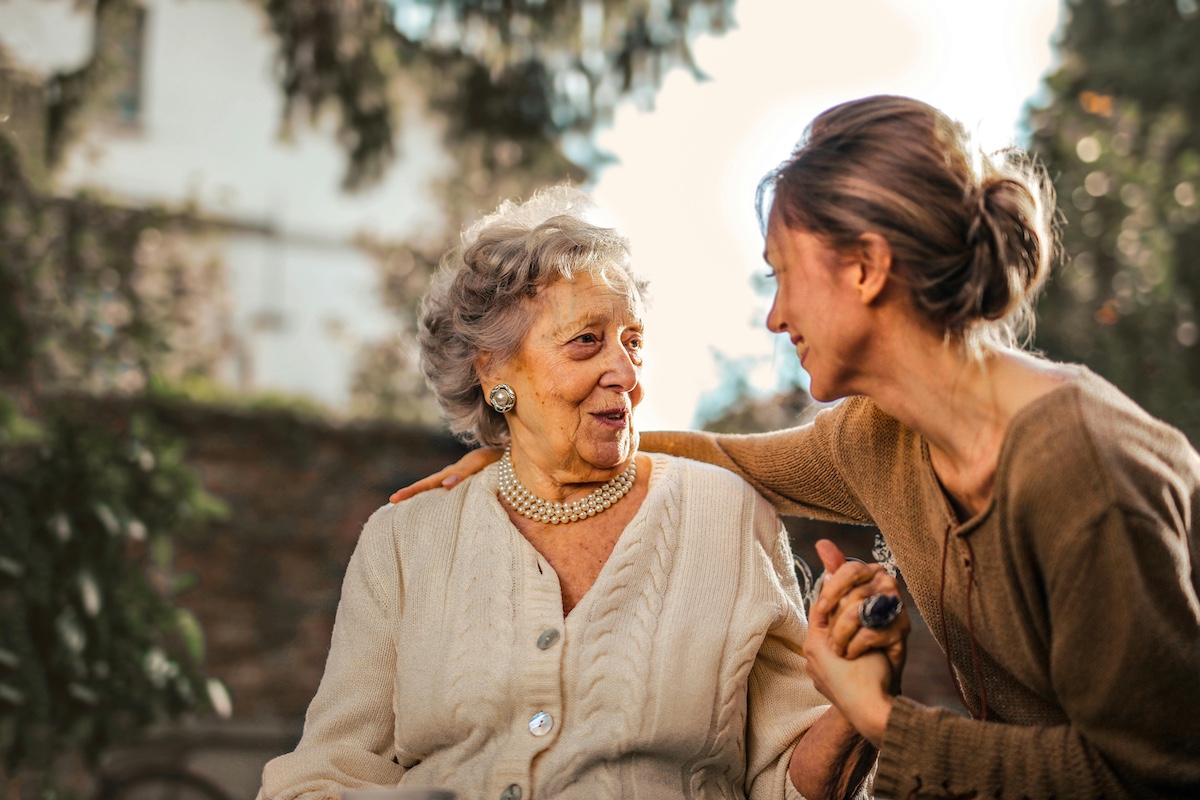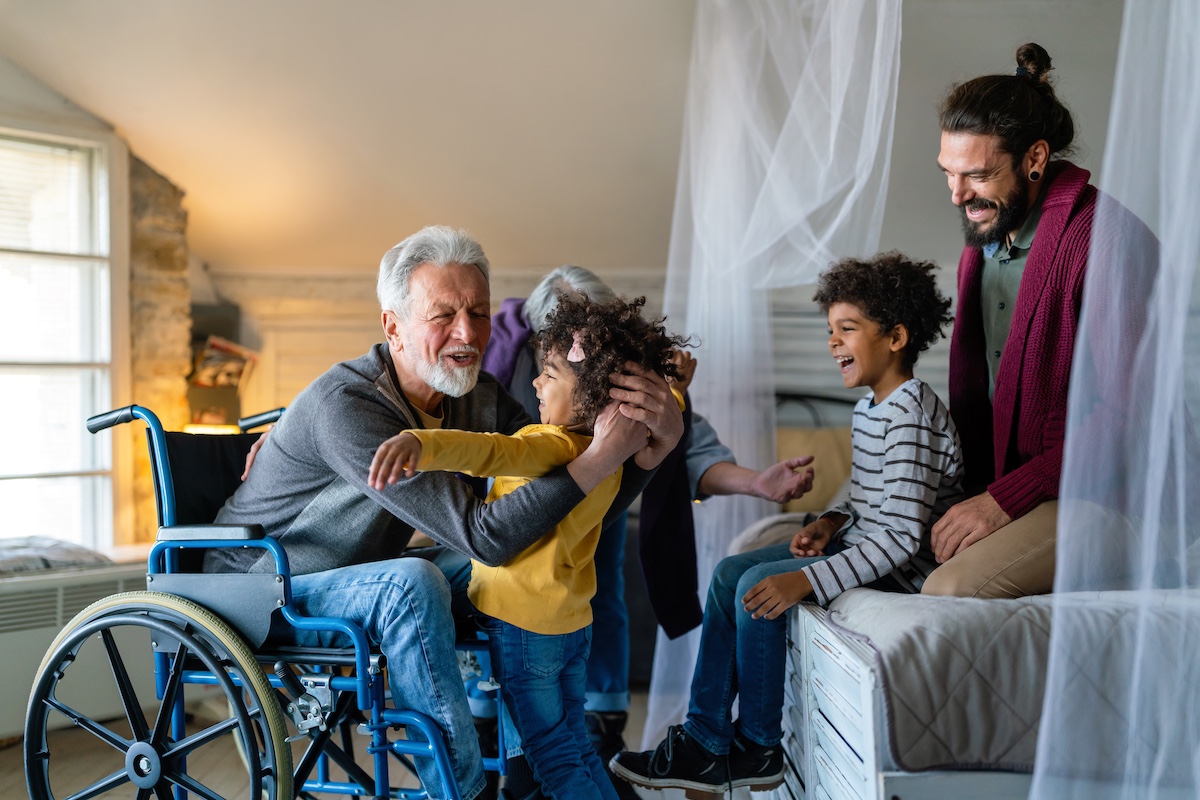Have you or a loved one suffered a fall? Are you worried they may be in danger of falling? If so, you’re not alone.
About ¼ of U.S. adults age 65 and older fall each year. The aging process can affect one’s eyesight, balance, strength and reaction time. As a result, many older folks become fearful and withdraw from activities like taking walks, shopping or socializing.
The good news is there are ways to reduce the risk of falling, while also continuing to do things you enjoy. These include regular health checkups, eliminating safety hazards in the home and healthy lifestyle habits.
Tend to Medical Needs
Always tell your doctor if you’ve fallen, even if you weren’t injured. This could be a sign of an underlying condition or problems with your medications.
Regular health checkups are also essential for fall prevention. That’s because there are a number of medical conditions which can increase your risk of falls.
- These include osteoporosis, arthritis, irregular heartbeat, depression, Alzheimer’s disease and some types of cancer.
- Patients with neurological conditions like stroke, Parkinson’s disease and multiple sclerosis are also at greater risk.
Keep up with annual vision and hearing tests. Up-to-date hearing aids and eyeglass prescriptions help you stay aware of your surroundings and avoid safety hazards.
Make a list of all medications you’re currently taking, and review them at each doctor visit. Ask about side effects which may lead to falling, such as dizziness or sleepiness. See if you can adjust your treatment plan to reduce these problems.
If you’re having trouble walking, consider using mobility aids such as a cane or walker. A physical therapist can show you how to use them so you can move around safely.
Eliminate Home Safety Hazards
Did you know that most falls in the elderly happen at home? Making improvements here can go a long way toward keeping you or a loved one safe.
Abundant lighting is a must.
- Make sure staircases are brightly lit from top to bottom.
- Light switches should be easy to reach, and illuminated switches are a good choice.
- Keep a lamp close to the bed, and install nightlights in bedrooms, bathrooms and hallways.
- Have plenty of flashlights on hand in case of a power outage.
Choose nonslip flooring materials in every room. Stairs should have handrails on both sides, as well as nonslip treads. In the restroom, install grab bars, sturdy shower seating, nonslip bathmats and raised toilet seats with armrests.
Keep walkways clear of furniture, clutter and cords. Repair loose floorboards and carpeting, and clean up spills immediately to avoid slick spots. Secure loose rugs to keep them from slipping.
Follow Simple Everyday Habits
The fear of falling leads many older adults to avoid exercising altogether. The reality is that physical activity actually reduces your risk of falling.
If you’ve been sedentary for a while, ask your doctor about exercises that would be appropriate for your ability level and any conditions you have.
- Choose activities that improve agility, strength, balance, flexibility and coordination.
- Excellent options include walking, biking, dancing, gardening and weight lifting.
- You can also work with a physical therapist to learn how to perform exercises safely.
For all activities, wear comfortable, properly fitted shoes with non-skid soles and good support. Make sure your laces are tied, avoid high heels or loose-fitting slippers and don’t walk around in stocking feet.
To maintain healthy bones and reduce the risk of falling, be sure to get enough calcium and vitamin D in your diet. Good sources include low-fat dairy products, salmon, beans and calcium-fortified orange juice.
Limit alcohol intake, which can affect balance and reflexes, and don’t use tobacco products.
Finally, a good night’s sleep helps you feel more energetic and alert during the day, which may lower the risk of a fall.
Although the risk of falling does increase with age, it is not inevitable. A healthy lifestyle, safety improvements to the home and regular health checkups are simple ways to stay safe. These guidelines may also improve quality of life overall.
If you need information about hospice care for yourself or a loved one, please reach out to Crown Hospice today.


